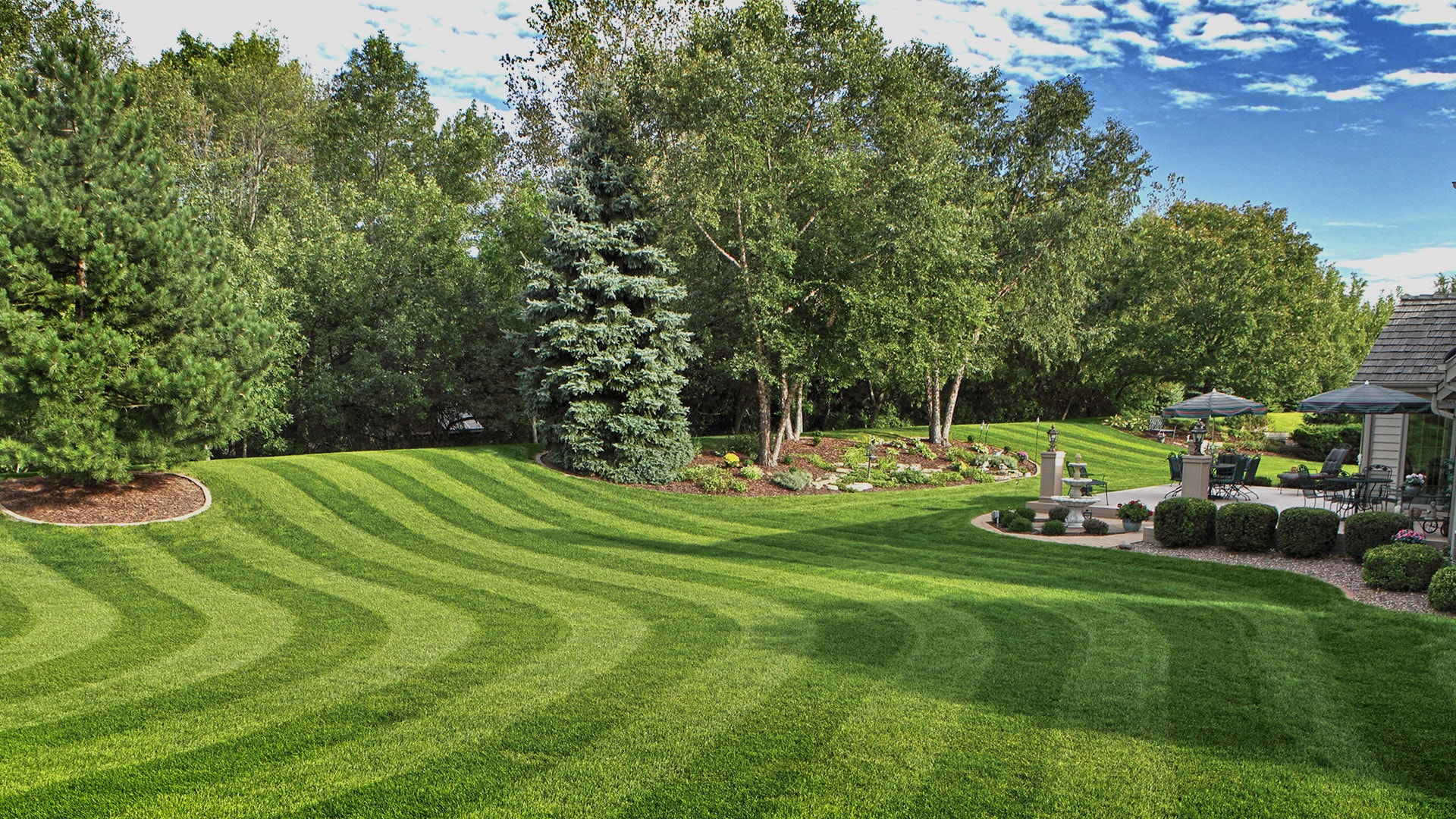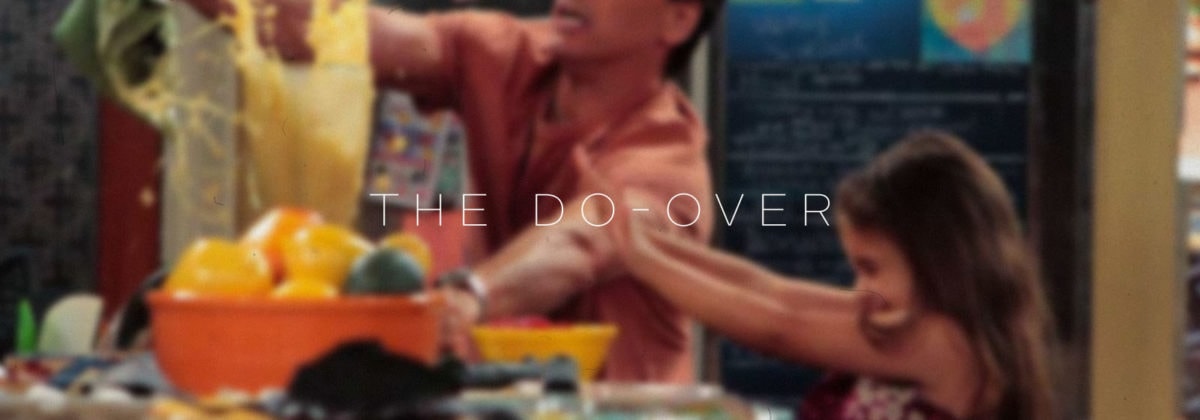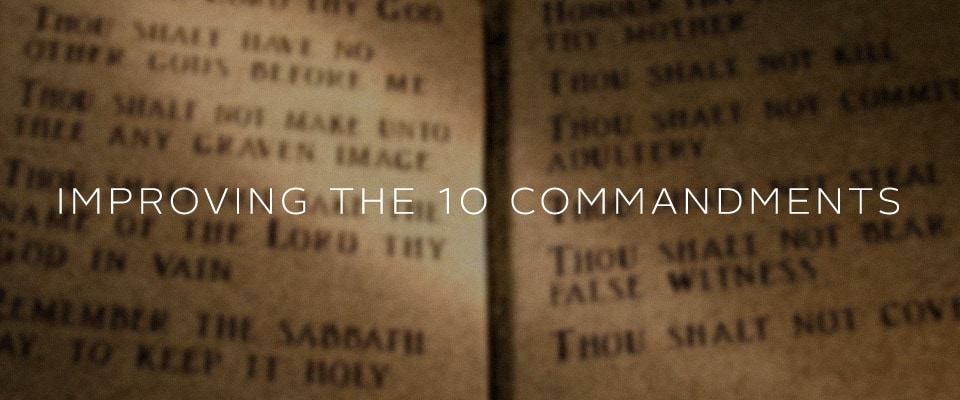For the past two summers, I’ve worked for a lawn care company in Vancouver. It was good, hard, honest work that has forever changed me. Yet unfortunately it hasn’t affected my work ethic or made me into an early riser. The two lasting marks this job has left on me are that I now understand the true meaning of man’s curse of toil after the fall in Genesis, and I am now shamefully judgmental of the state of the grass in people’s yards. When you spend four months a year mowing lawns you can’t help but notice when edging is done poorly or when the crests of hills have had the grass scalped off.
Some of the flaws that I notice in the lawns in my neighbourhood as I am out walking are due to neglect — this is pretty common in the winter, when nobody wants to go out and mow the lawn in the cold and wet. Lawns can get messy, muddy and infested with moss when they are left untended for months.
Other times lawns can look bad because of inadequate equipment or shoddy workmanship. I remember seeing one man on a hot Vancouver day last summer struggle to cut knee high grass with a dull-bladed push mower. I felt so much pity for him. I knew his misery. And I knew that his toil was in vain because the machine he was using could not get a clean cut and was bound to leave clumps of grass scattered across the lawn.
However, my biggest pet peeve as a former Lawncare professional was when clients asked for their lawns cut “golf green short.” Aesthetically, there is nothing wrong with this, a well groomed golf green looks great, and is essential if one wants to have any chance of sinking that 20 foot putt for birdie. Most Vancouverites, however, do not use their lawns for putting purposes.
When new sod is laid down, or new grass seeds are planted, you need to give the grass time to put down roots. This can take a while, and during this process lawns can get really messy. But allowing the lawn time to grow is absolutely necessary. Cutting off the blade of the grass (for arts majors: the green part, for science majors: where the photosynthesis takes place) limits the plant’s ability to be nourished. If a newly planted lawn is immediately cut down to a golf green height, it will have no chance of survival. The lawn will die, and new grass will have to be planted.
We need to be messy and vulnerable if we hope to grow deeper in relationship, and into what God has for us.
You can thank me later for the free lawn care advice. But I think there is a bigger issue at stake here.
We do the same thing with our lawns that we do with our lives.
For whatever reason, we often try to do away with the messiness of how we actually are, in favour of maintaining the illusion that we have our lives tidied up and put together. How many times do we sugarcoat how we are? “I’m fine,” we say (offering a response just vague enough to maintain whatever facade we have put up).
We need to be messy and vulnerable if we hope to grow deeper in relationship, and into what God has for us.
Good news. God knows this. We can be completely honest and real with Him, no matter how messy it gets. Jesus continually reminded his disciples and the crowds which he attracted that he didn’t come for those who had it all together. He came for the poor in spirit, the meek, the hungry, the mourning, the persecuted.
“It is not the healthy who need a doctor, but the sick. I have not come to call the righteous, but sinners.” (Mark 2:17)
God gives us space to be honest about our messiness and brokenness with him. And we don’t only have the space and permission to be honest and vulnerable with God — we have the promise of forgiveness, wholeness, redemption, and healing. All we need to do is press into Him, hope in Him, abide in Him. Bringing this back to plant metaphors, Jesus says “I am the vine; you are the branches. If you remain in me and I in you, you will bear much fruit; apart from me you can do nothing.” (John 15:5).
Just like mowing newly seeded lawns down to golf greens, if we don’t acknowledge our messiness before God, we cut ourselves off from our source of life and hope. When we acknowledge our need for Him, and our own brokenness, God is faithful to forgive and heal.
Thinking about this lately has prompted me to pray honest prayers with God. He knows my heart, my needs, my messiness better than anyone. There is no fooling him or tidying myself up to make my life look better in His eyes. Because despite our messiness, He loves us. All we can do is come before Him as we are, and receive from Him, giving back thanks and praise.
As a Church family, we need to acknowledge each other’s messiness, and be willing to go deep with one another. I know sometimes for me, I need someone to pull back a few layers before I even see my own brokenness. And having someone know my messiness, and still love me, and point me to God’s love is so life-giving.
Let’s not cut ourselves off in an attempt to keep up appearances. Let’s be honest with one another and with God. Sometimes we need to be messy in order for God to grow us deeper into the life he has for us.




